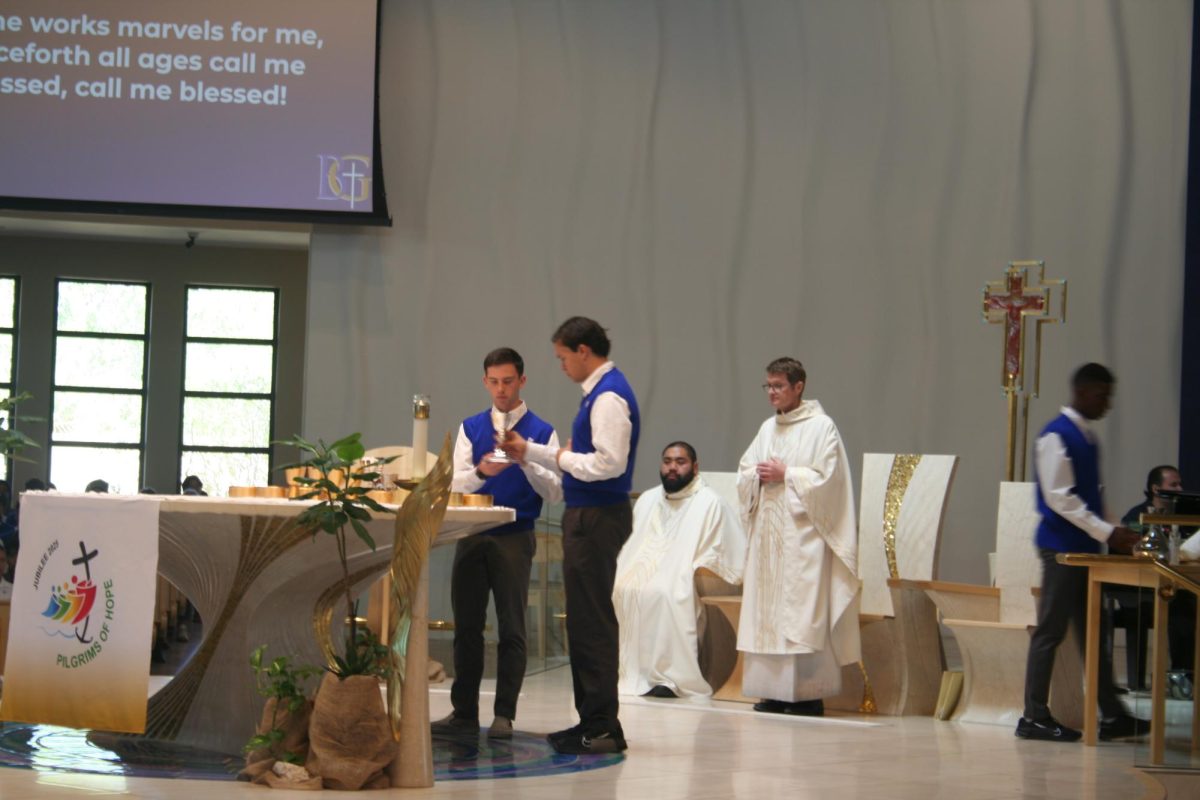Redefining the Norms: E.E. Cummings’ Alien Approach to Poetry
E. E. Cummings, a man of great creativity and rebellion, left an indelible mark on the literary world. Born Edward Estlin Cummings on October 14, 1894, in Cambridge, Massachusetts, he was raised in an environment that valued both education and innovation. These values would shape his artistic inclinations and lead him to become one of the most influential poets of the 20th century.
Cummings attended Harvard University and honed his skills as a writer and teacher. However, it was his poetry that would bring him fame and recognition. Cummings’ first book of poetry, “Tulips & Chimneys,” published in 1923, was a sign of things to come. With this publication, Cummings broke away from the traditional forms of poetry that dominated the literary landscape of the time.
Cummings’ style was daring and unconventional, marked by his innovative use of language, form, and typography. He played with the layout of words on the page, breaking lines and punctuating his poems in ways that challenged readers’ expectations. He employed lowercase letters, often without punctuation, creating a unique rhythm and sound that was all his own. The playful yet profound use of language characterized Cummings’ poems, tackling a wide range of subjects with empathy and compassion.
His experiences during World War I, where he served in the ambulance corps in France, had a profound impact on his work. The French authorities arrested and imprisoned Cummings for his anti-war views. This experience inspired some of his most powerful poems, including “i sing of Olaf glad and big,” which I – and many others – consider to be one of his greatest works.
“I sing of Olaf glad and big,” a tour-de-force of modernist poetry, has earned its place among the greats, owing to its piercing anti-war message and its radical poetic form. The poem recounts the story of Olaf, a soldier who, amid the horrors of war, refuses his orders, defying the authoritarian military hierarchy that seeks to strip him of his humanity. Cummings masterfully employs an array of unconventional punctuation, capitalization, and syntax, creating a disjointed and fragmented style that conveys Olaf’s sense of isolation and alienation. Through his use of stark imagery and vivid language, Cummings offers a scathing critique of the destructive and inhumane nature of war, exposing the crushing toll it takes on those who take part in it. The poem’s emotional intensity, its unrelenting critique of militarism, and its relevance to contemporary debates about the costs of war make it a towering achievement of modern poetry.
Cummings published many more works, inspiring generations of writers with his unique style and innovative approach to poetry. His influence on modern poetry is immeasurable, and his legacy continues to challenge and inspire writers, artists, and thinkers alike. Cummings’ work remains a vital and essential part of the literary canon, a testament to his unyielding commitment to creativity, rebellion, and self-expression.






























